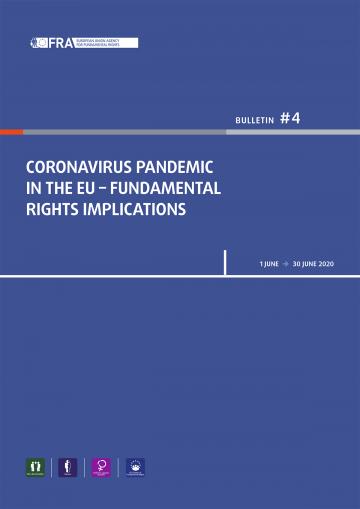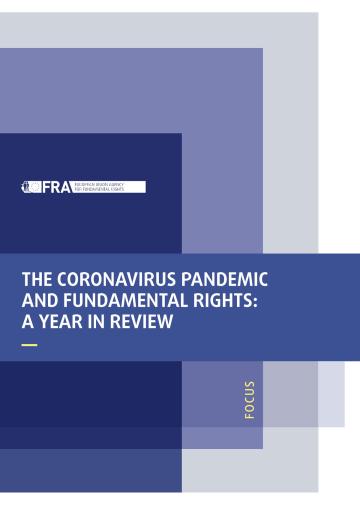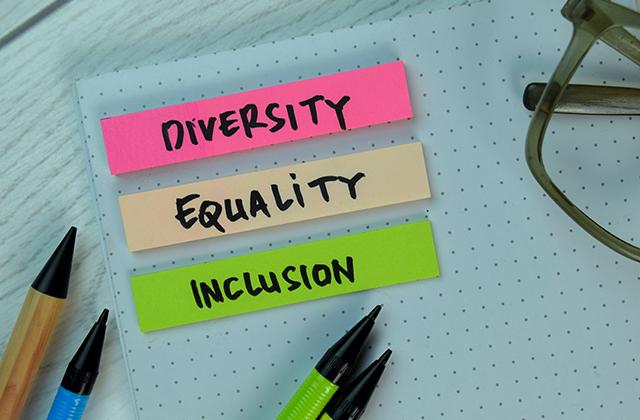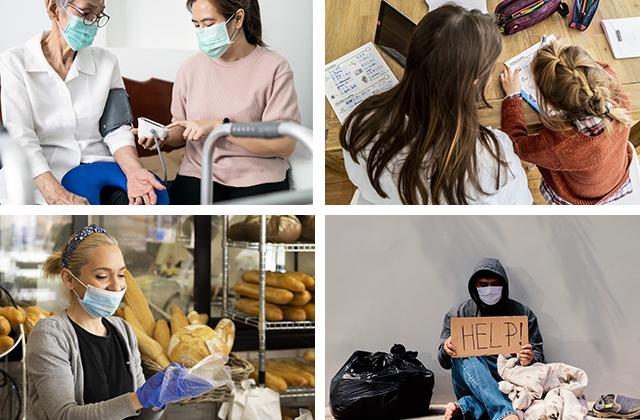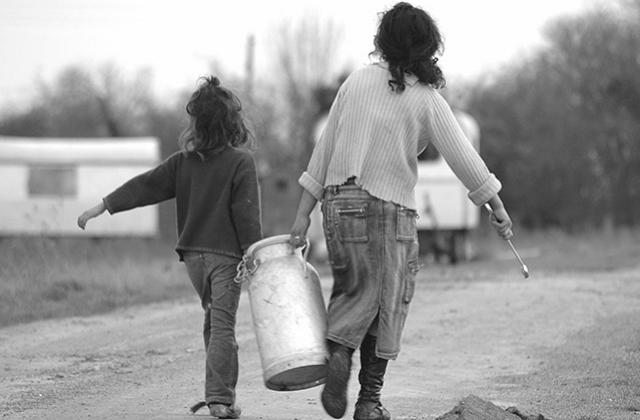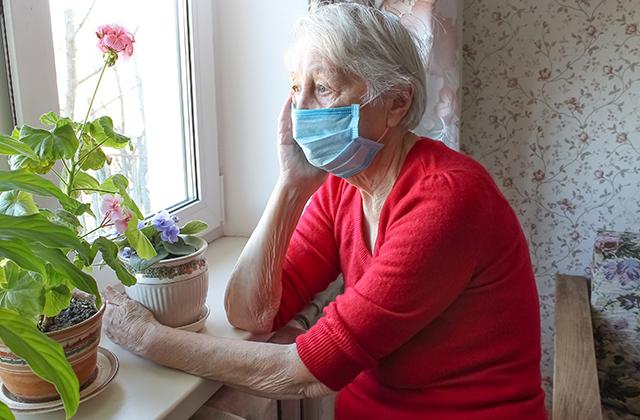While the gradual relaxation of restrictions on daily life continued in June,
physical distancing measures remained in place in all EU Member States. Such restrictions affected many fundamental rights, including the rights to liberty and security (Article 6 of the Charter), respect for private and family life (Article 7), freedom of thought, conscience and religion (Article 10), freedom of expression and information (Article 11), freedom of assembly and of association (Article 12), freedom of the arts and sciences (Article 13), and freedom of movement and of residence (Article 45). They can also affect the rights of specific groups including children (Article 24), older persons (Article 25) and persons with disabilities (Article 26).
- The removal of constraints in public life came on the condition that health and safety instructions – including on numbers entering a service or facility, special spacing arrangements or wearing of facemasks – are strictly followed.
- Specific stay-at-home orders remained in place in many countries for persons infected with the Coronavirus or persons living with them. Some Member States ordered lockdown measures for specific regions experiencing rising infection rates.
- Police continued to monitor and record violations of health and safety rules, in some cases imposing fines for violations.
The approach to reopening educational institutions varied across Member States in June. While some completely reopened their educational systems, others kept schools shut. Most alternated between face-to-face and remote teaching. This had consequences for the right to education of all children in the EU, without discrimination (Articles 14 and 21 of the Charter).
- Hygiene and safety rules remained in place for educational facilities across the EU.
- A number of Member States initiated summer school programmes to make up for lost teaching time and prepare pupils, particularly those with socially disadvantaged backgrounds or special needs, for the new school year.
- Many countries began preparations for a return to school in the autumn, reflecting the potential need for continued COVID-19-related measures, including prolonged distance learning.
- Assessments of the impact of remote learning revealed challenges of access to equipment and support for children from disadvantaged backgrounds.
By late June, most economic sectors were operating again across the EU, but under health and hygiene protocols. Ongoing economic pressures and preventative measures against the virus can affect fundamental rights including: workers’ rights to information and consultation (Article 27), protection in the event of unjustified dismissal (Article 30), the right to fair and just working conditions (Article 31), social security and social assistance (Article 34), the right to health (Article 35), but also the freedom to choose an occupation, the right to engage in work (Article 15), and the freedom to conduct a business (Article 16).
- Some Member States extended measures to support the labour market and cushion the negative economic impact of the lockdown. Several focused on sectors that could still not reopen, or those particularly affected by the pandemic, such as the self-employed.
- Data from a number of countries indicated that the pandemic has disproportionately affected women, particularly when it comes to work-life balance and caring responsibilities.
Disruption to judicial proceedings affects people’s right to access justice, in particular the right to an effective remedy and a fair trial (Article 47). It also has possible implications for the right to equality before the law (Article 20) and the right to good administration (Article 41). Judicial systems continued to resume normal operations across the EU, while implementing new health and safety guidelines to contain the spread of COVID-19 and working to address the backlog in cases resulting from earlier restrictions.
- Many Member States continued to conduct certain proceedings via written procedure or remotely, to extend deadlines for lodging petitions, and to use electronic communication.
- Some countries reported a backlog of cases and sought to ease these in a variety of ways, including by extending opening hours, hiring additional staff or creating temporary courts.
- Many Member States announced the continuation of video-hearings, although countries and courts differed with regard to which proceedings would continue to take place remotely.
Most Member States acted in line with the European Commission’s recommendation to extend the restrictions on travel to the EU to the end of June. At the same time, Member States continued to ease temporary controls at their internal borders.
- Some Member States announced that – in line with the Council recommendation on the gradual lifting of temporary restrictions on non-essential travel into the EU – that they would begin to re-open their Schengen external borders from 1 July to residents of certain third countries.
- Member States adopted three main approaches to travel within the EU. Half of them generally no longer imposed controls on entry for people resident in most EU or Schengen states; eight operated a ‘traffic light system’, with travel allowed from EU Member States on ‘safe’ or ‘green’ lists, while certain conditions remained in place for travel from other Member States; the remainder imposed other conditions.
